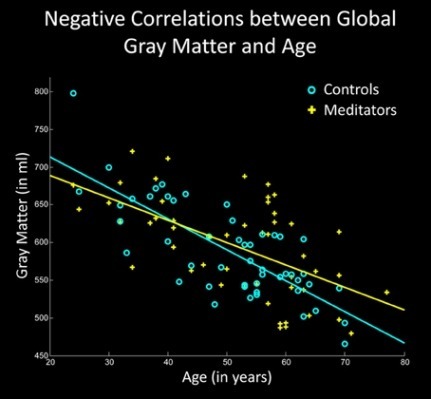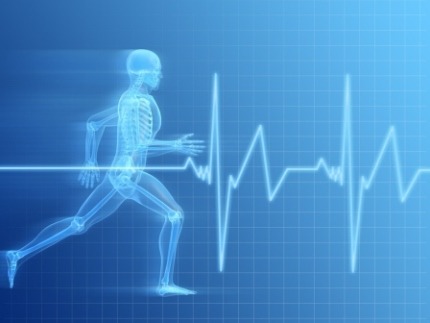Posts Tagged ‘life-expectancy’
Study: Long-term meditation can help slow down aging-related brain volume decline
. Long-term meditation tied to less brain loss (Reuters): “People who reported meditating for an average of 20 years had higher brain volumes than the average person, researchers report in Frontiers in Psychology. Kurth and his colleagues write that they can’t say meditation caused its practitioners to lose less brain volume, however. Other habits of…
Read MoreTo build a healthier future, let’s empower and equip individuals to be in control of their well-being
— How we can all build a healthier future (World Economic Forum blog): “Just 40 years ago life expectancy in Asia was slightly above age 50. In 2000, the continent’s 210 million people aged over 65 could expect to live just another five years, to 70 on average. By 2050,
Read MoreResearch on Older Driver’s Safety
Good article in the New York Times today: An Epidemic of Crashes Among the Aging? Unlikely, Study Says — “The (Insurance Institute for Highway Driving) insurance institute is conducting further research to determine why the risks appear to be going down for older drivers. It may be that today’s older drivers are simply in better physical and…
Read MoreThe Future of the Aging Society: Burden or Human Capital?
(Please note that this is my personal take at the discussions that took place in Dubai as part of the Global Agenda Council on the Challenges of Gerontology put together by the World Economic Forum, and builds on the work of my colleagues, but it does not represent a formal document or statement of position.…
Read More

